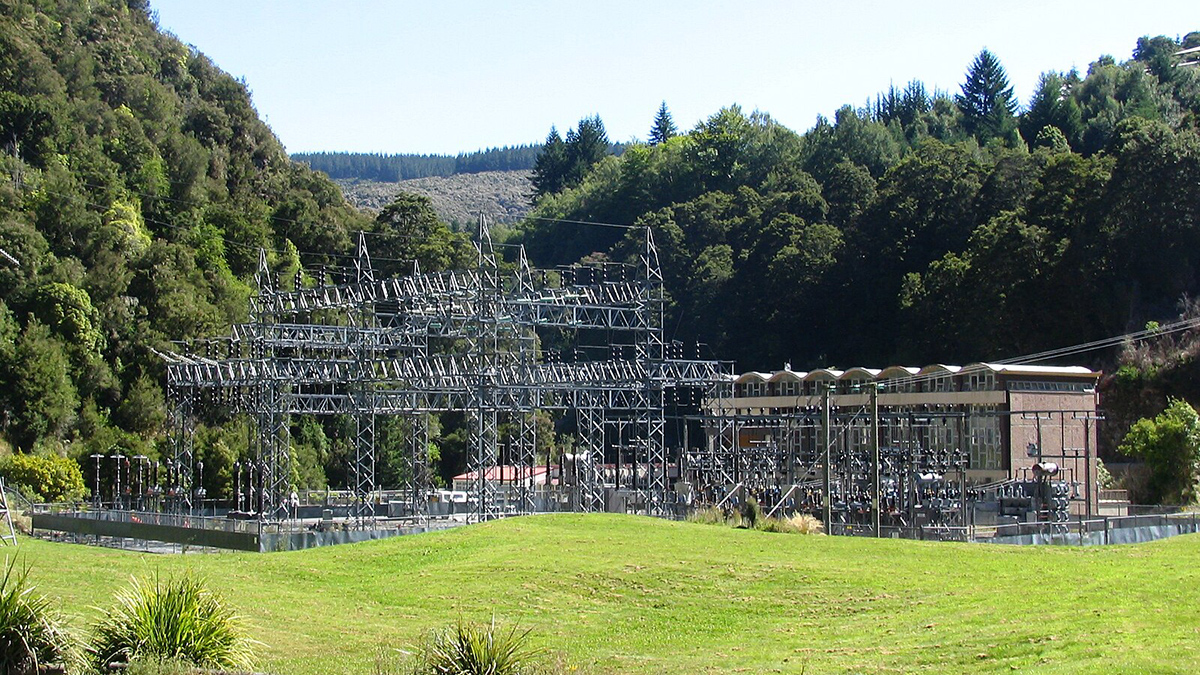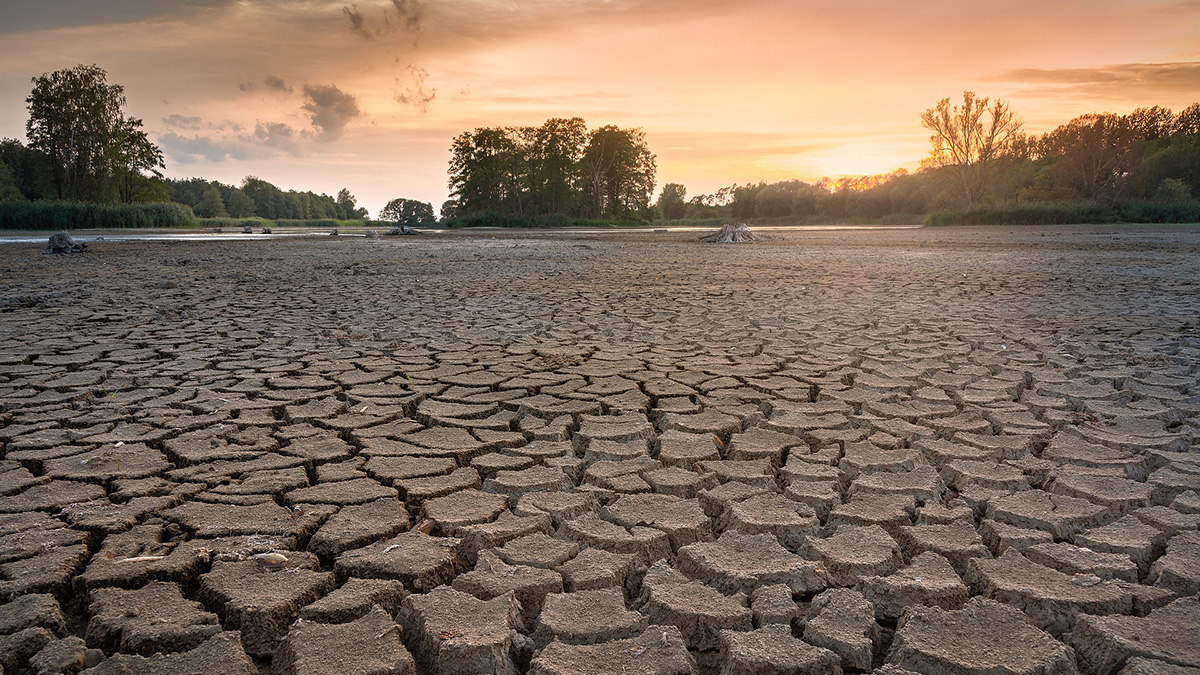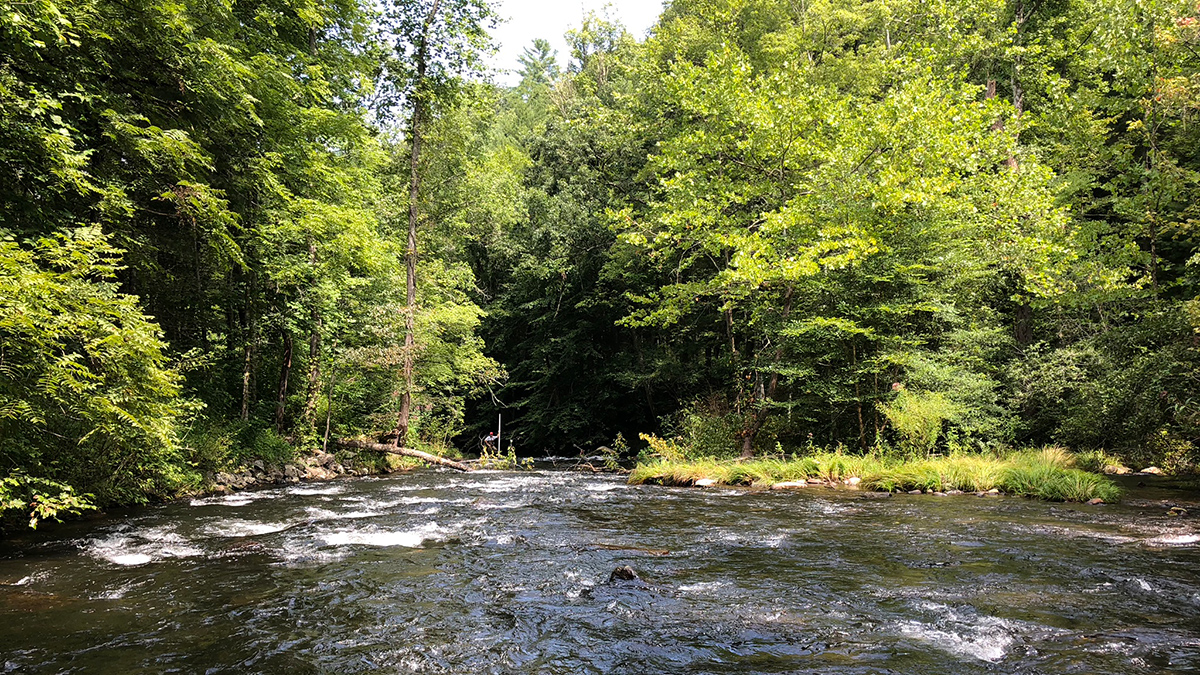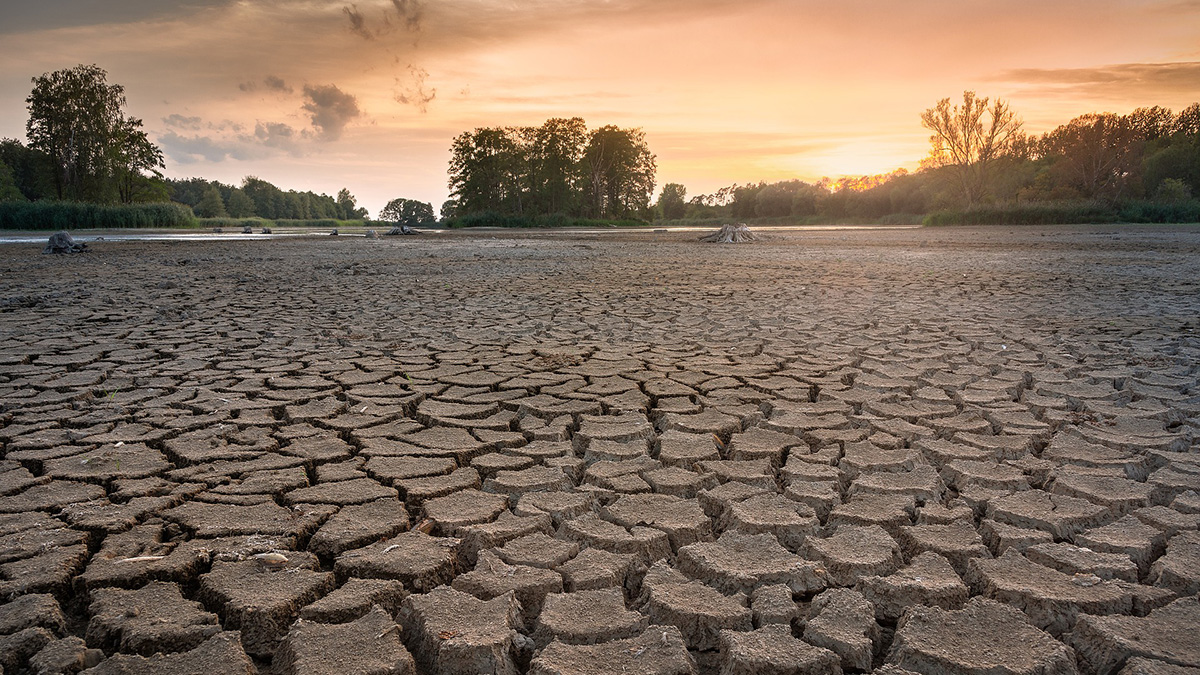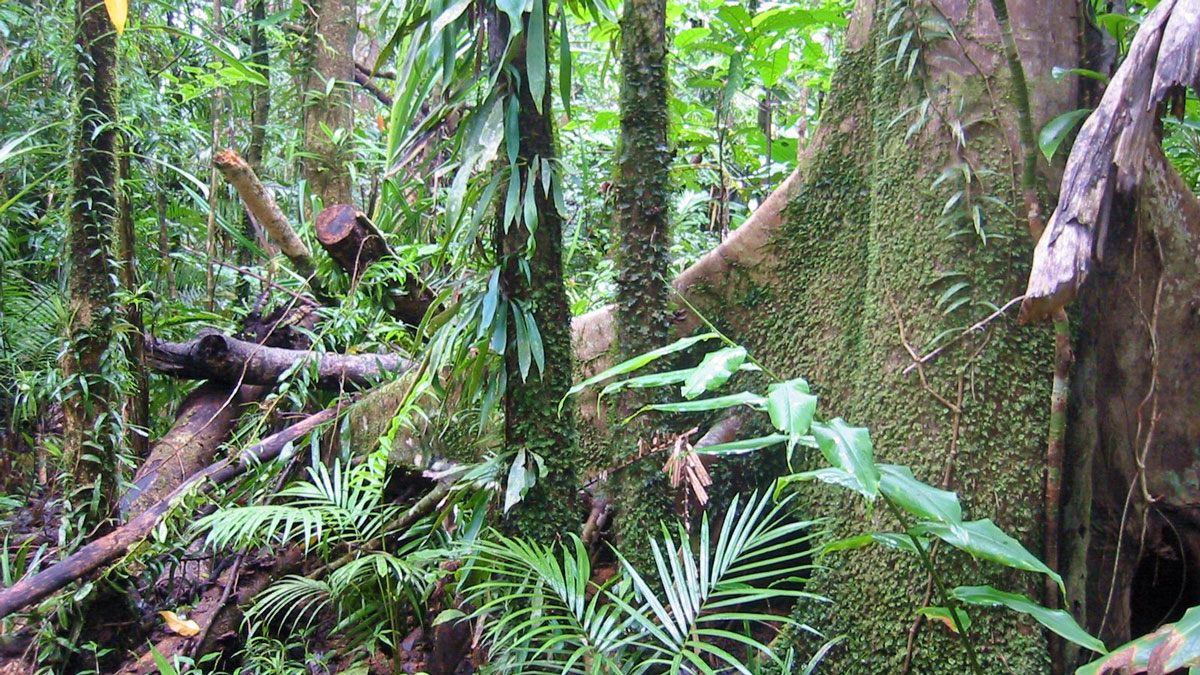A new paper explores ways to mitigate the impact of geomagnetically induced currents on the New Zealand power grid.
Rachel Fritts
Rachel Fritts is a science writer specializing in ecology, sustainability, and Earth science. Her work has appeared in a number of publications, including Ars Technica, Science News, Science, Mongabay, and Hakai Magazine. She also writes scripts about evolution for the PBS Digital Studios channel Eons. Rachel is currently completing a master’s degree in science writing at the Massachusetts Institute of Technology.
To Meet Climate Goals, Protect the Tongass and Chugach Forests
The two largest U.S. national forests, both in Alaska, have low wildfire risk and provide crucial forest carbon stocks and biodiversity benefits.
Los primeros eventos de deslizamiento lento observados en el sur de Costa Rica
Cinco eventos observados en la Península de Osa revelan nueva información sobre el papel que estos pequeños y lentos terremotos pueden desempeñar en la acumulación de tensión y riesgos de tsunami a lo largo de las zonas de subducción.
The First Slow-Slip Events Seen off Southern Costa Rica
Five events observed off the Osa Peninsula shed new light on the role that these small, slow earthquakes can play in strain accumulation and tsunami hazards along subduction zones.
Mars Has Far Fewer Minerals Than Earth Does
The development of plate tectonics and life on Earth provided avenues for mineral evolution that did not occur on Mars, resulting in relatively limited mineral diversity on the Red Planet.
El cambio climático está secando a los suelos
Los suelos terrestres se están secando a medida que el planeta se calienta, pero aún no está claro que tan seco es muy seco.
Current Agriculture Adds More Phosphorus to Streams Than to Lakes
Improved agricultural nutrient management could improve stream water quality by reducing phosphorus levels, but rising temperatures and rainfall due to climate change might offset improvements.
Climate Change Is Drying Out Earth’s Soils
Earth’s land is drying as it warms, but it is not clear how dry is too dry.
Carbon Sink Models Need Nitrogen
If terrestrial biosphere models don’t include nitrogen, they will overestimate carbon sequestration.
U.S. Public Water Supply Is a Local Source of Phosphorus Pollution
Excess phosphorus may reach U.S. rivers, lakes, and groundwater through water main leaks and outdoor water use.

